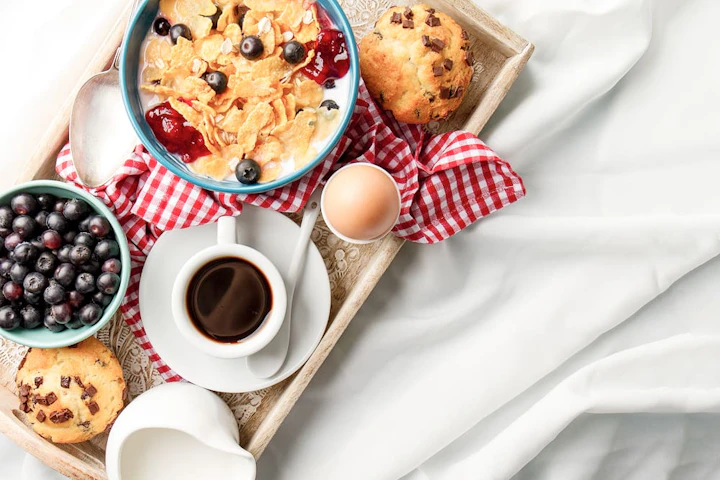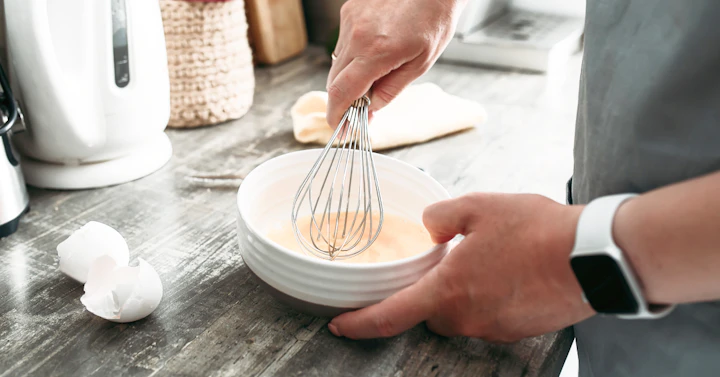Examples of menus and recipes you need the week before your marathon
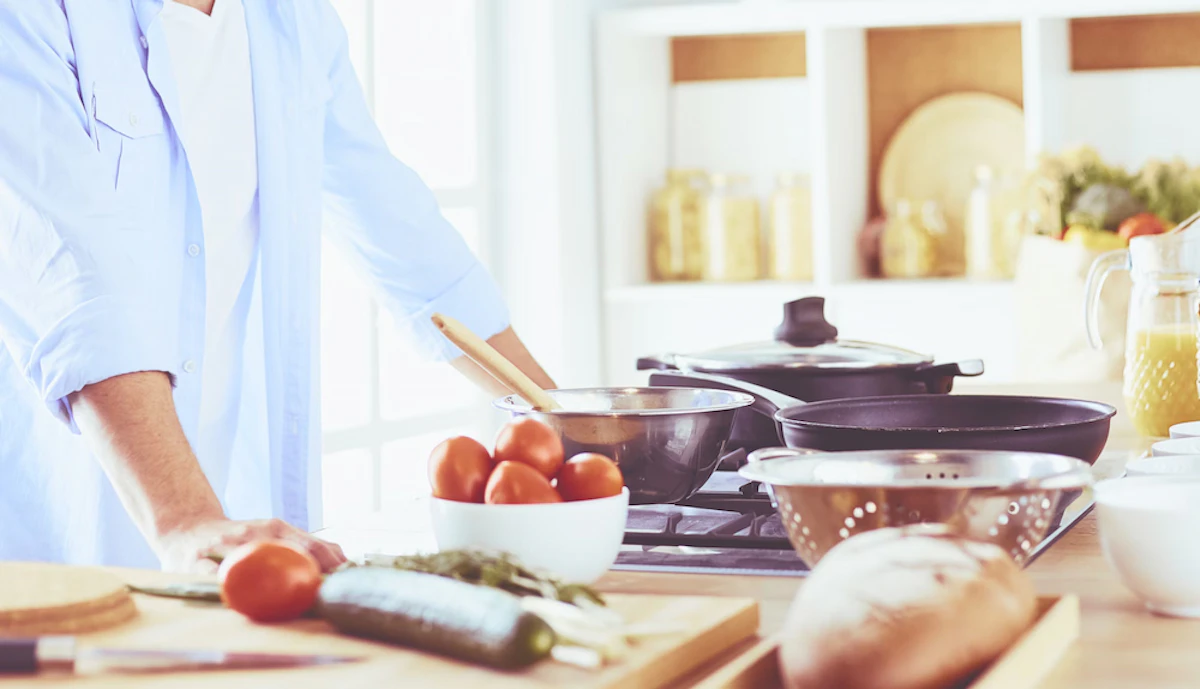
13 min read
Summary
The fundamentals of marathon dietary preparation
Start the week with energy-rich meals before the marathon.
A 100% marathon-focused nutrition for the second half of the week
For the last meals, a carbohydrate load, please!
The marathon-specific diet recap
Menu ideas for optimal nutrition during this final week before the marathon
Monday: the classic running menu
Tuesday: Keep the good habits from Monday
Wednesday: the transition day
Thursday: a protein-focused menu
Friday: Which carbohydrate for your marathon?
What to eat the day before a marathon?
What breakfast for the D-day?
A few recipes
Homemade pancakes
Rice pudding
To conclude

Receive advice from our passionate coaches!
The menu examples and recipes you need the week before your marathon.
As a marathon approaches, every runner knows (or at least we hope you do!). how important nutrition can be in influencing performance. After weeks, or even months, of intensive training, it is essential to prepare your body in the best possible way for the big day.
One of the keys to optimal performance lies in balanced and appropriate nutrition, particularly during the week preceding the event. The closer you get to the event, the more impactful nutrition becomes. That's why we've crafted this article to guide you through the different days before your marathon.
Whether you're a beginner or seasoned runner, let's find out together how to maximize your energy and endurance to cross the finish line successfully! Our advice is for informational purposes; feel free to adopt and adjust it to your eating habits, especially if all your workouts have gone well so far.
We'll assume your race takes place on a Sunday morning. If that's not the case, then it's up to you to shift the menu days :).
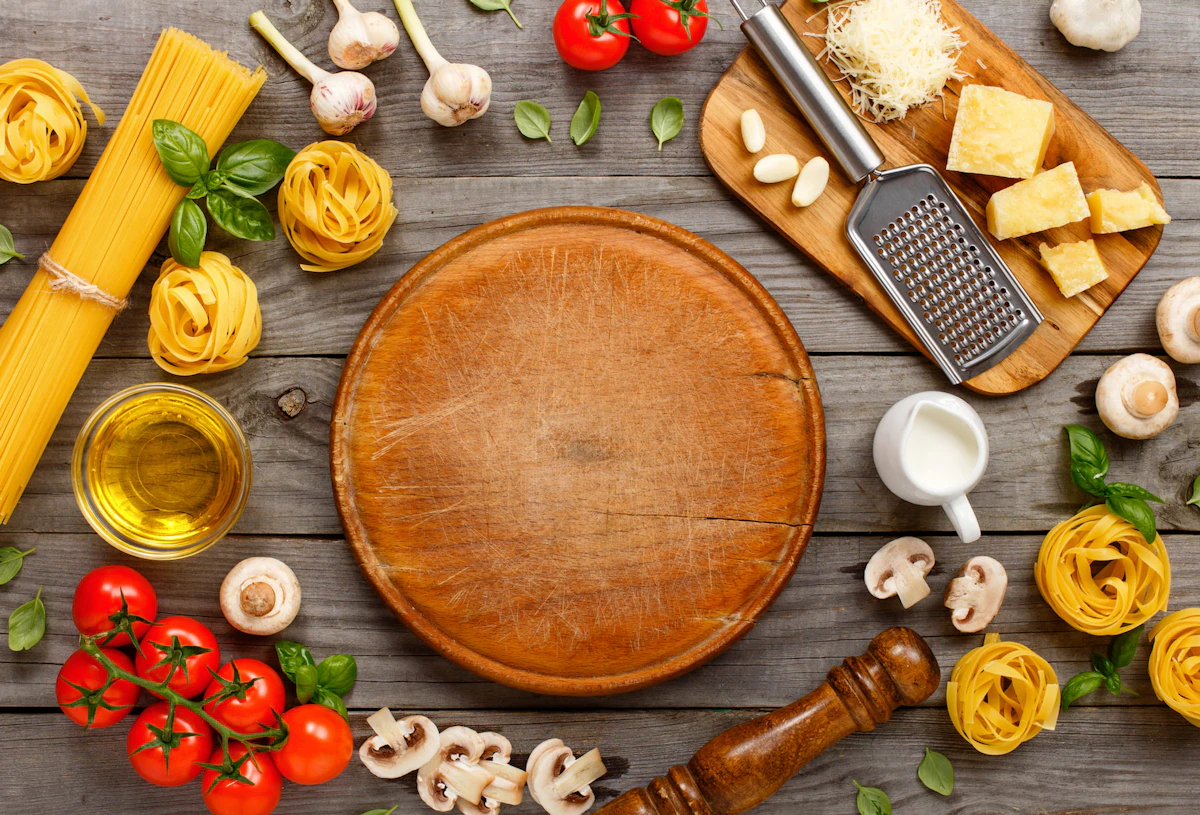
The fundamentals of marathon dietary preparation
Start the week with energy-rich meals before the marathon.
Before you set off on your much-anticipated race, make sure your body is ready to face the challenge with proper dietary preparation. The first two days of the week, Monday and Tuesday, are crucial for loading your body with essential vitamins and minerals.
Opt for raw or cooked fruits and vegetables to provide your body with the necessary dose of nutrients. Don't forget the omega-3s, your allies for taking care of your tendons and joints: think of tuna, salmon, or mackerel.
On these days, also ensure to integrate carbohydrates and proteins into all your meals (until Saturday night) to maintain optimal energy levels.
Although whole grains are still an option, begin to limit them starting from Thursday evening to promote optimal digestive comfort.
A 100% marathon-focused nutrition for the second half of the week
From Wednesday onwards, favor white meats, eggs, and fish as main protein sources, setting aside legumes. And from Thursday, reduce your intake of whole foods. Avoid raw foods from Thursday or Friday, it might seem drastic, but it will help prepare your digestive system for the race ahead. Rest assured, these adjustments are unlikely to create deficiencies in such a short time.
For the last meals, a carbohydrate load, please!
For meals on Friday and Saturday, keep it simple with pasta, rice, or potato-based dishes, paired with a lean protein source such as white meat or fish. And why not a small portion of fatty fish for extra Omega-3 intake.
Please note that everything described in this article applies perfectly, whatever your goal: shorter distances (10 km or half-marathon), or longer than marathon distances (ultra-trails, long-distance trails...).
The marathon-specific diet recap
Monday and Tuesday: regular diet with a focus on sufficient intake of vitamins, minerals, and Omega-3.
Wednesday: reduction in the consumption of legumes (beans, chickpeas, lentils, red, white beans...).
Thursday: reduction in the consumption of whole grain cereals (whole pasta, brown rice, whole wheat bread...) and raw fruits and vegetables.
Friday and Saturday: consumption of simple carbohydrates (while gradually increasing quantities) and proteins.
Throughout this week, optimal hydration is essential, and alcohol consumption is clearly to be avoided.
Menu ideas for optimal nutrition during this final week before the marathon
Theory is good, but let's practice! Discover our suggestion of menu for your week before the marathon. These meals will help prevent digestive issues during your race and ensure that you reach the starting line with energy stores (glycogen stores) at full capacity!
Monday: the classic running menu
To kick off this marathon preparation week energetically, here is a balanced menu for your first day, Monday:
Breakfast:
Scrambled eggs and cherry tomatoes
Lightly buttered whole-grain toast
Tea or coffee
1 glass of water
Lunch:
Grated carrots with vinaigrette
Baked salmon en papillote
Brown rice with tomato sauce
Brie and whole-grain bread
Apple
Snack:
Unsalted roasted almonds
Pear (or seasonal fruit)
3% fat fromage blanc with sweetener of choice (whole sugar, maple syrup, honey...)
Dinner:
Fried eggs
Full pasta with tomato sauce and Gruye added
Pan-fried seasonal vegetables
3% fat fromage blanc with sweetener of choice
Fruit compote
Tuesday: Keep the good habits from Monday
To keep up the momentum, here's what you can plan for your second day, Tuesday:
Breakfast:
Whole-grain bread with butter or jam
3% fat fromage blanc with sweetener of choice
Tea or coffee
1 glass of water
Lunch:
Tuna pasta with tomato sauce
Grilled peppers
Comté and wholegrain bread
Pear
Snack:
Roasted almonds
Apple
3% fat fromage blanc with sweetener of choice
Dinner:
Grilled chicken fillets with spices
Steamed potatoes with white cheese sauce*
Grilled green beans with Provence herbs and tomato coulis
Plain yogurt with sweetener of choice
Fruit compote
*For the white cheese sauce, mix 1 tablespoon of white cheese per person + 1 teaspoon of mustard and chopped chives. You can add a pinch of salt.
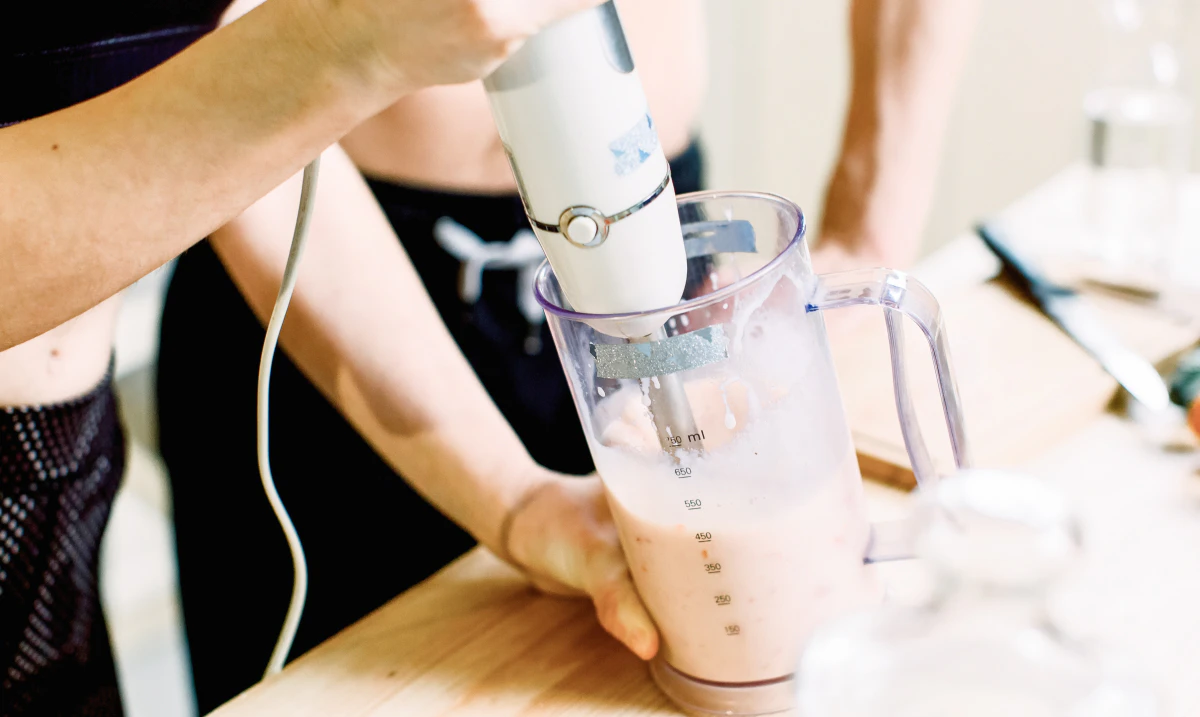
Wednesday: the transition day
We start slowly paying more attention to inputs, here's what you can plan for this third day:
Breakfast:
Homemade pancakes with a bit of sweetener (optional)
3% fat fromage blanc with sweetener of choice
Banana
Tea or coffee
1 glass of water
Lunch:
Grilled chicken fillet with spices
White rice with tomato sauce
Cauliflower gratin with Gruyère
Camembert and white bread
Seasonal fruit
Snack:
Roasted almonds
Seasonal fruit compote
3% fat fromage blanc with sweetener of choice
Dinner:
Mushroom omelette
Spaghetti with tomato sauce
Plain yogurt with sweetener of choice
Fruit compote
Thursday: a protein-focused menu
Proteins and carbohydrates are starting to occupy more space on your plate; it's because the deadline is approaching!
Breakfast:
Homemade pancakes with a little sweetener (optional)
3% fat fromage blanc with sweetener of choice
Fruit compote
Tea or coffee
Lunch:
Fried eggs
Pasta with light butter and Gruyere
Green salad with vinaigrette
Seasonal fruit
Snack:
Roasted almonds
Seasonal fruit compote
3% fat fromage blanc with sweetener of choice
Dinner:
Ebly and chicken strips
Cream sauce and fromage blanc with curry
Mashed green beans and peas (50/50)
3% fat fromage blanc with sweetener of choice
Fruit compote
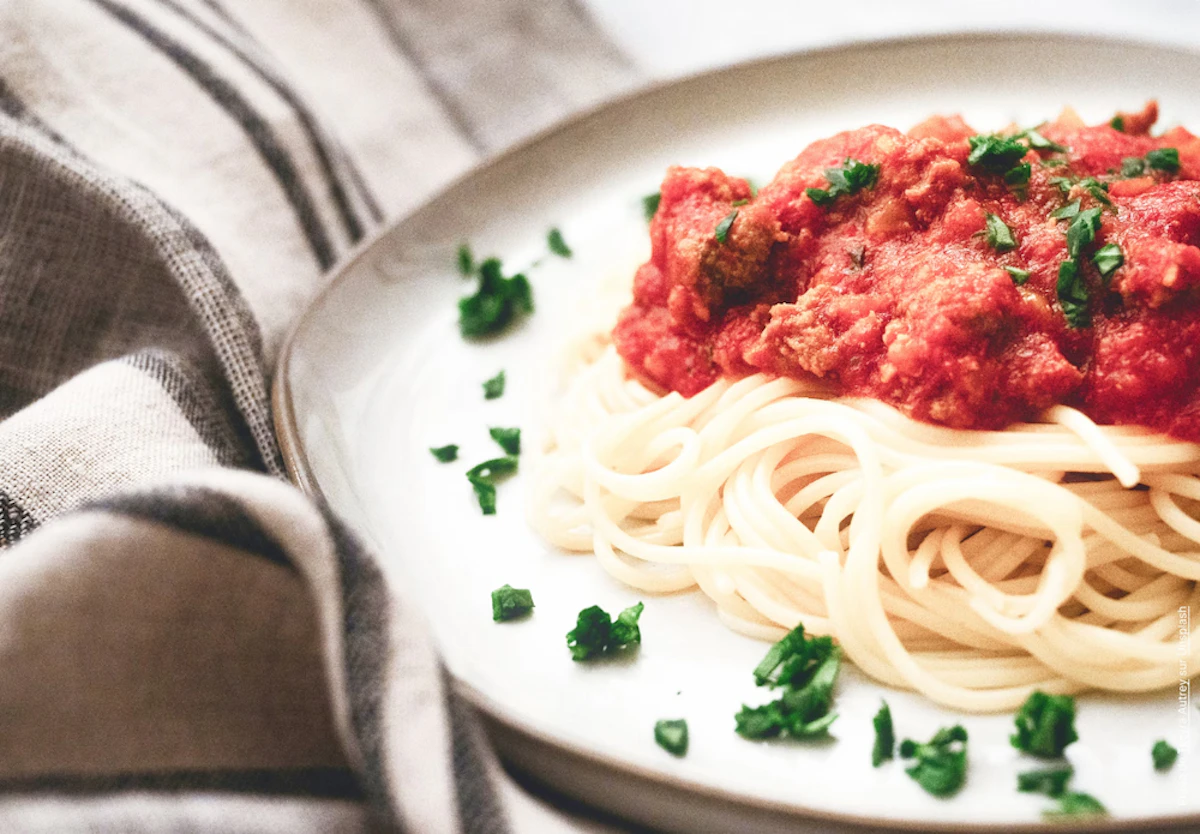
Friday: Which carbohydrate for your marathon?
Promised next week, you won't have to eat pasta or rice! But, for this fifth day, fill up!
Breakfast:
Homemade pancakes with a little sweetener (optional)
3% fat fromage blanc with sweetener of choice
Banana
Tea or coffee
Lunch:
Spaghetti Bolognese with 5% fat meat and grated Gruyère
Optional depending on hunger: salad of cumin-cooked carrots
Comté and white bread
Fruit compote
Snack:
Seasonal fruit compote
3% fat fromage blanc with sweetener of choice
Dinner:
Potato omelette
Carrot puree
3% fat fromage blanc with sweetener of choice
Fruit compote
What to eat the day before a marathon?
So here we are on the eve of the marathon, the time for the famous Pasta Party! And yes, it's not a myth. The week before the competition is almost at its end, so let's talk about Saturday's meals. It's the last straight line, only a few hours left before the adventure begins!
So beware, "Pasta Party" does not mean "pasta feast"! The goal is to digest this meal well for optimal performance the next day!
Here's what you can plan for your last day before the marathon, on Saturday:
Breakfast:
Homemade pancakes and toppings of choice
3% fromage blanc and sweetener of choice
Banana
Tea or coffee
Lunch:
Spaghetti bolognese with 5% fat meat and grated cheese
Rice pudding or semolina pudding
Fruit compote
Snack:
Fruit compote
Rice pudding or semolina pudding (the famous carbohydrate dessert)
Dinner, it's Pasta party time!
White pasta with tomato sauce and grated cheese
White ham
3% fromage blanc with a bit of sweetener
Fruit compote
Note that it's not necessary to consume energy drinks or energy gels the night before the race.
What breakfast for the D-day?
You are only a few hours away from the race start! Your body is on fire, ready to take it on! And for that, it requires the best of breakfasts.
Remember, on average this meal should be consumed 3 hours before the race starts.
On race day, you're aiming to provide a substantial amount of carbohydrates. This meal is eaten about 3 hours before the race, so prioritize medium-glycemic index carbs, avoiding counterproductive effects of high-glycemic index carbs
If you're part of the team that doesn't mind eating a bowl of rice at 5 am... Then go for a breakfast: a slice of ham (pork or turkey) and a bowl of white rice. It's a very interesting breakfast that helps replenish your body's energy reserves. And of course, don't forget to stay hydrated!
If this option is unimaginable for you, then you can choose a much more traditional breakfast:
Homemade pancakes with optional sweetener,
Homemade rice pudding (or semolina pudding)
Compote (if hungry)
Tea or coffee (if tolerated and tested in training)
1 glass of water
It's not necessary to consume energy drinks or gels at breakfast time. Feel free to decide in your race strategy whether or not you consume energy drinks or gels while waiting for the start. Ideally, you will have tested all these menus during your physical and sports preparation.
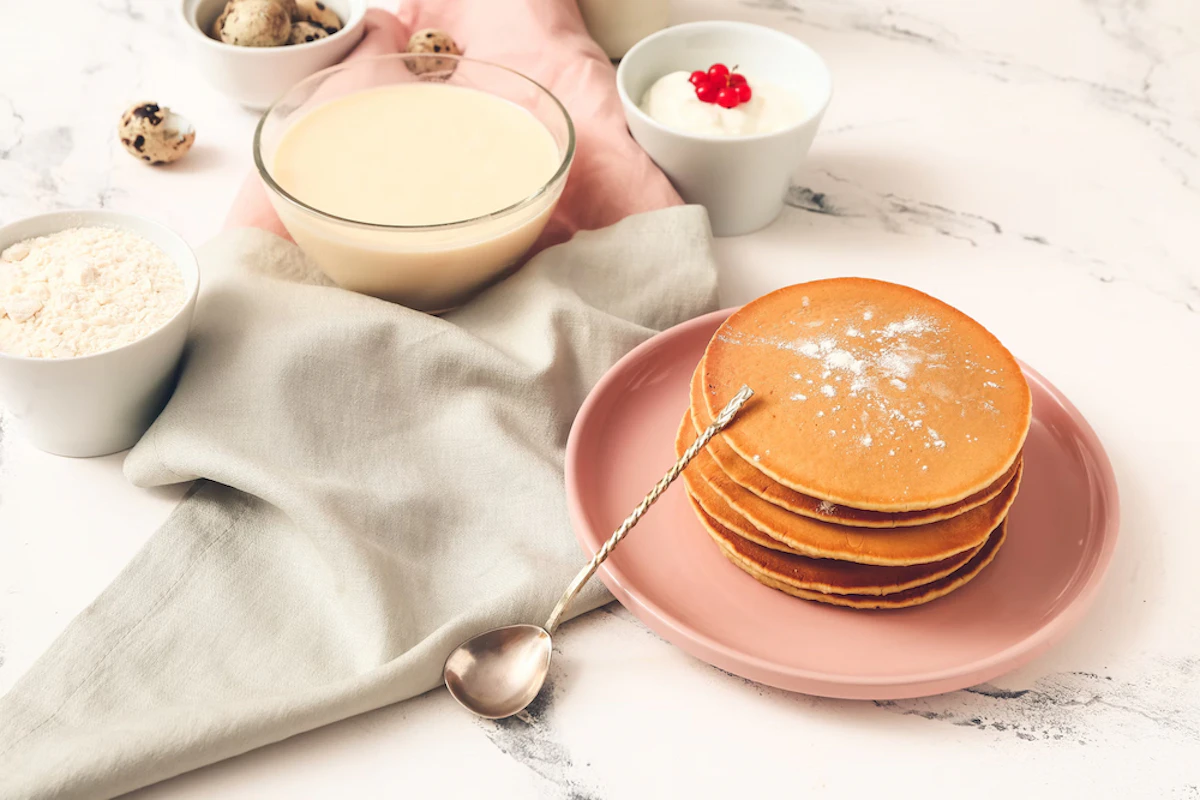
A few recipes
Homemade pancakes
Ingredients for one serving:
50 g of flour
1/2 teaspoon of baking powder
1 tablespoon of sugar
1 pinch of salt
1/2 beaten egg
50 ml of milk
1/2 tablespoon of melted butter (or vegetable oil)
Optional: some vanilla or cinnamon for flavoring
Preparation:
In a bowl, mix the flour, baking powder, sugar, and salt.
In another bowl, beat the egg and add the milk and the melted butter (or oil). Mix well.
Add the liquid ingredients to the dry ingredients and mix until smooth. If using vanilla or cinnamon, add it now.
Heat a frying pan over medium heat and add some butter or oil to lightly grease the surface.
Pour a small ladle of batter into the heated pan and let it cook until bubbles form on the surface.
Flip the pancake and cook for a few more moments until golden brown.
Repeat with the remaining batter.
Once all the pancakes are cooked, serve them hot with your favorite toppings: maple syrup, fresh fruits, yogurt, etc.
Rice pudding
Ingredients for one serving:
50 g of round rice
250 ml of milk
20 g of sugar
1/2 teaspoon of vanilla extract (optional)
1 cinnamon stick
Preparation:
Rinse the rice under cold water in a sieve until the water runs clear.
In a saucepan, pour the milk and add the rinsed rice, sugar, and vanilla extract (if using) along with the cinnamon stick.
Bring to a boil over medium heat, stirring regularly to prevent the rice from sticking to the bottom of the pan.
Reduce the heat to low and simmer gently for about 20 to 25 minutes, stirring occasionally, until the rice is tender and the mixture thickens.
Remove the cinnamon stick.
Transfer the rice pudding into a bowl and let cool slightly before serving.
Sprinkle additional cinnamon if desired before enjoying.
To conclude
In conclusion, a balanced and tailored diet is essential to maximize your performance during a marathon. By carefully planning your meals before the race, you ensure your body gets the necessary nutrients for energy and recovery. By focusing on foods rich in proteins, complex carbohydrates, healthy fats, as well as vitamins and minerals, you proactively prepare for your upcoming race.
Don't forget to hydrate regularly, rest sufficiently, and focus on a light and easy-to-digest diet the day before and on the race day, Pasta Party, indeed... but be reasonable! By following these nutritional tips, you increase your chances of crossing the finish line successfully and living an unforgettable race experience. Your body will thank you!
Whether it's your first marathon or you're an experienced runner, a balanced diet can make all the difference in your performance. Enjoy your race!


